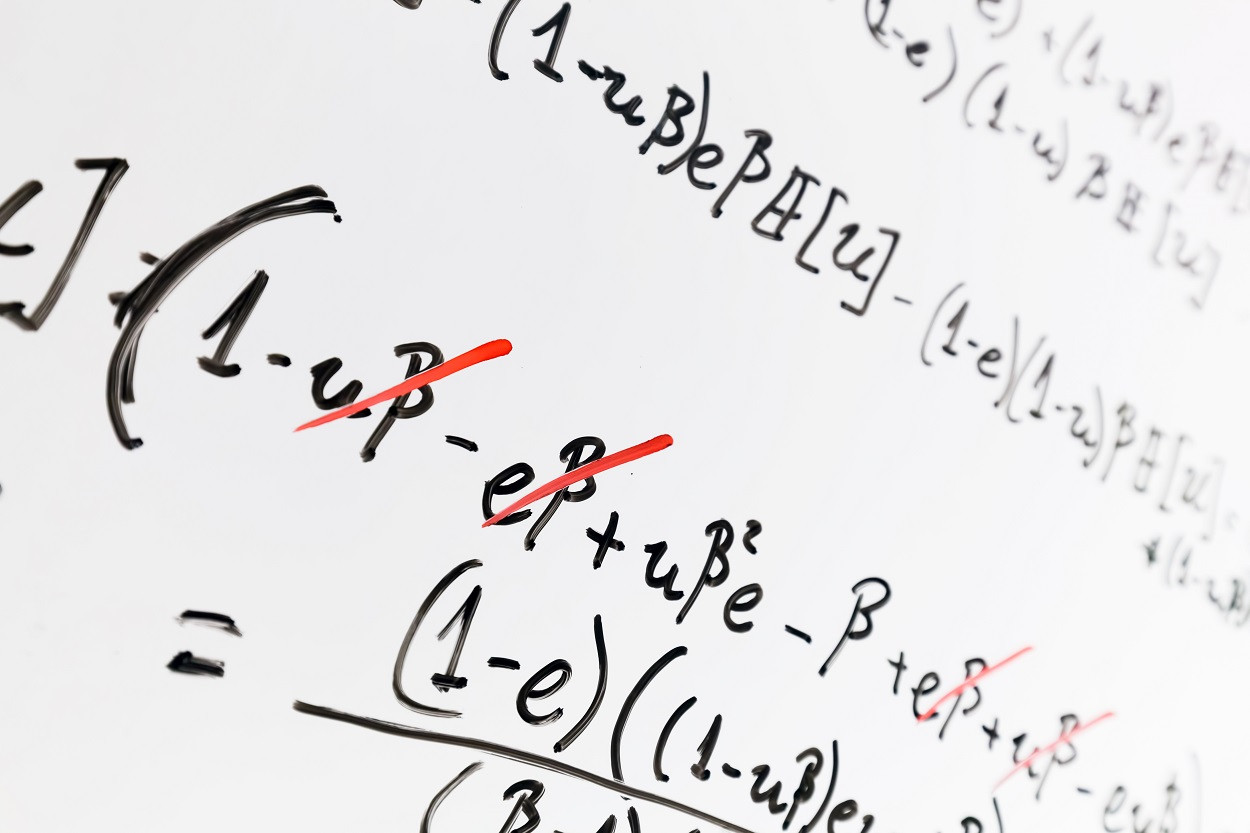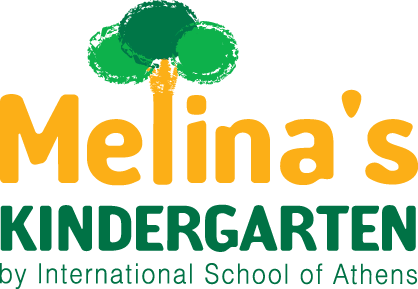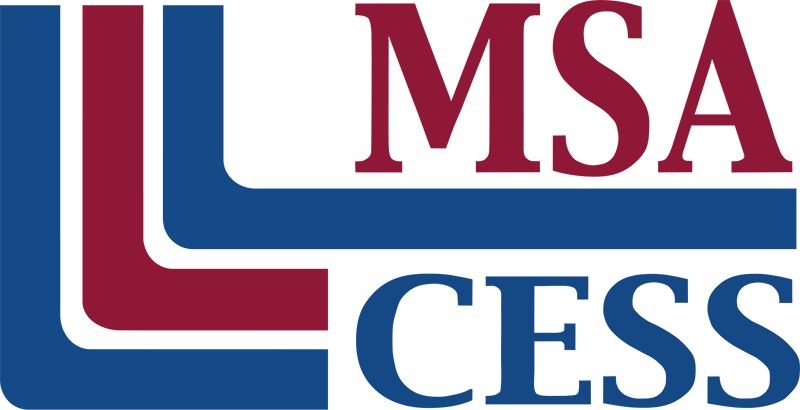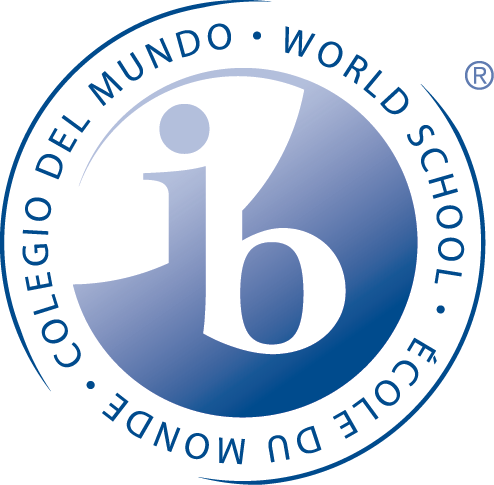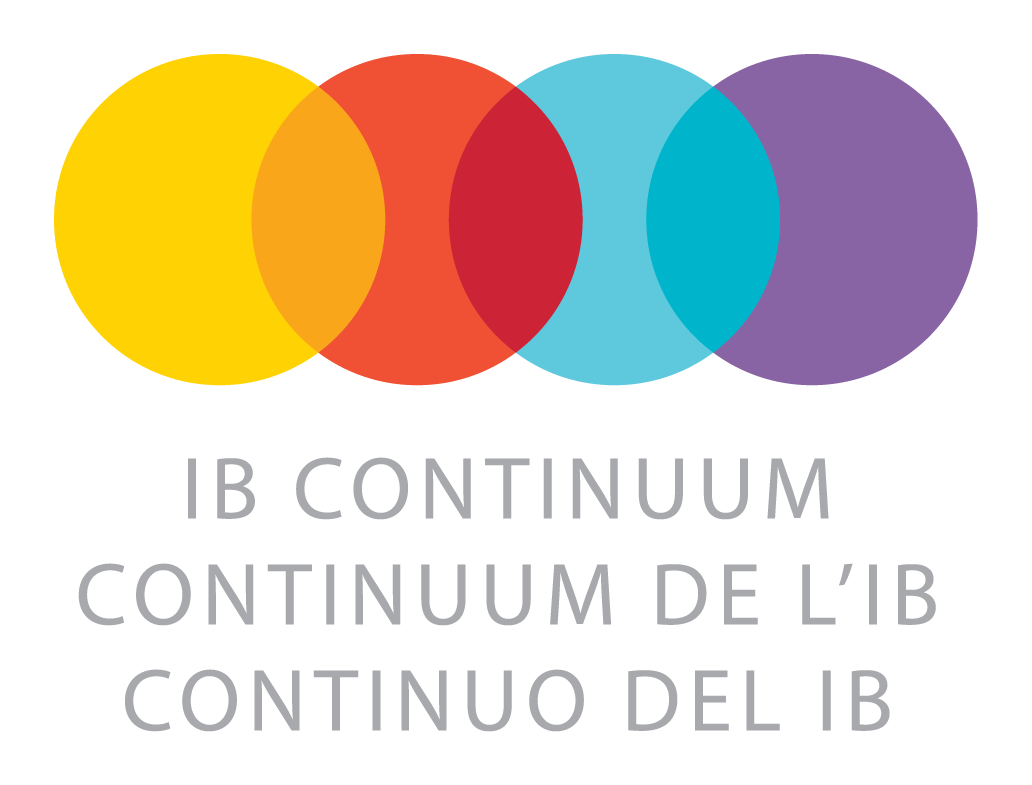Course description
- Math at HL is a course aiming to address the needs of competent students who wish to include mathematics as a major component of their university studies or they have a strong interest in Math.
- Important mathematical concepts are going to be developed and insight into mathematical form and structure will be expected. The students will link a lot of different topic areas and will approach problems from different points of view (i.e. trigonometry, vectors, complex numbers) realizing at the same time how math as an international (common) language has been connecting the people since the ancient years and has been an axis around which all human invention has been revolving.
- The Math HL course is not going to be combined with any other course. The topics that will be covered in the two year course will be: Algebra, Functions and Equations, Trigonometry, Matrices, Vectors, Calculus, Statistics and Probability (both the core and the optional section) as they are described in the IBO syllabus.
- Students’ assessment for Math HL will aim not only to ensure that they gain the necessary knowledge but also to enhance their investigation and mathematical modeling skills through independent thinking.
This course is a demanding one, requiring students to study a broad range of mathematical topics through a number of different approaches and to varying degrees of depth. Students wishing to study mathematics in a less rigorous environment should therefore opt for one of the standard level courses, mathematics SL or mathematical studies SL.
Group 5 aims
The aims of all mathematics courses in group 5 are to enable students to:
1. enjoy mathematics, and develop an appreciation of the elegance and power of mathematics
2. develop an understanding of the principles and nature of mathematics
3. communicate clearly and confidently in a variety of contexts
4. develop logical, critical and creative thinking, and patience and persistence in problem-solving
5. employ and refine their powers of abstraction and generalization
6. apply and transfer skills to alternative situations, to other areas of knowledge and to future developments
7. appreciate how developments in technology and mathematics have influenced each other
8. appreciate the moral, social and ethical implications arising from the work of mathematicians and the
applications of mathematics
9. appreciate the international dimension in mathematics through an awareness of the universality of
mathematics and its multicultural and historical perspectives
10. appreciate the contribution of mathematics to other disciplines, and as a particular “area of knowledge” in the TOK course.
Syllabus outline:
|
|
|
|
Topic 1 : Algebra
|
30 |
|
Topic 2 : Functions and equations
|
22 |
|
Topic 3: Circular functions and trigonometry
|
22 |
|
Topic 4: Vectors
|
24 |
|
Topic 5: Statistics and probability
|
36 |
|
Topic 6: Calculus
|
30 |
|
Option syllabus content Students must study all the sub-topics in one of the following options as listed in thesyllabus details and specifically in:
Topic 7 : Statistics and probability |
48
|
ATL SKILLS
The Math HL course is designed to help students develop analytical and critical thinking skills and incorporate international perspective from historical and social points of view.
Throughout the DP mathematics HL course, students are encouraged to develop their understanding of the methodology and practice of the discipline of mathematics. The processes of mathematical inquiry, mathematical modelling and applications and the use of technology is introduced appropriately.
At the same time the students are encouraged to develop their investigation skills by using support resources and other supplementary instructional materials found in the school’s library and the web. Incorporating technology in their investigations and their presentations is considered essential.
The Internal assessment help students understand the ways in which mathematical discoveries were made and the techniques used to make them and often help them to realize the social and cultural context of mathematics.
The universality of mathematics as a means of communication is emphasized continually. The international perspective of the students for Mathematics is highly advanced through class discussion and links made. With TOK. The association of the topics taught with CAS activities is also emphasized.
For example Mathematical language, Patterns, Sets, Symmetry, Permutations are clearly connected to Dance (Creativity). Developing strategies, Problem solving, Loci, Combinations etc are clearly related to Sports in general (Action). Statistical Analysis and Calculus (Rates of change and optimization problems) provide the ground for unique service that can be offered to communities on awareness in various every day issues.
Assessment Objectives
Problem-solving is central to learning mathematics and involves the acquisition of mathematical skills and concepts in a wide range of situations, including non-routine, open-ended and real-world problems. Having followed a DP mathematics SL course, students will be expected to demonstrate the following.
1. Knowledge and understanding: recall, select and use their knowledge of mathematical facts, concepts and techniques in a variety of familiar and unfamiliar contexts.
2. Problem-solving: recall, select and use their knowledge of mathematical skills, results and models in
both real and abstract contexts to solve problems.
3. Communication and interpretation: transform common realistic contexts into mathematics; comment on the context; sketch or draw mathematical diagrams, graphs or constructions both on paper and using technology; record methods, solutions and conclusions using standardized notation.
4. Technology: use technology, accurately, appropriately and efficiently both to explore new ideas and to solve problems.
5. Reasoning: construct mathematical arguments through use of precise statements, logical deduction and inference, and by the manipulation of mathematical expressions.
6. Inquiry approaches: investigate unfamiliar situations, both abstract and real-world, involving organizing and analysing information, making conjectures, drawing conclusions and testing their validity.
Assessment outline—HL
|
Component |
Content |
Overall weighting (%) |
Duration (hours) |
|
Paper 1 |
|
30 |
2 |
|
Paper 2 |
Core Material |
30 |
2 |
|
Paper 3
|
Option |
20 |
1 |
|
Internal assessment |
Mathematical Exploration
|
20 |
10 |

